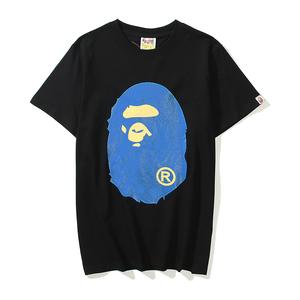The choice of fabric plays a vital role in the quality of clothing. The following will analyze the impact of fabrics on clothing quality and explain why fabric selection is an important consideration in customized clothing.
1. Comfort and breathability: The comfort and breathability of the fabric directly affect the wearer’s comfort. Soft, light and breathable fabric allows the body to be well ventilated, wick away sweat and keeps skin dry and comfortable. Natural fibers such as cotton, linen, and silk are often chosen as fabrics with better breathability.
2. Strength and durability: The strength and durability of the fabric determine the service life of the garment. High-quality fabrics tend to have high fastness and can resist friction, stretch and wear. For example, polyester fiber has better strength and abrasion resistance, making clothing more durable.
3. Hygroscopicity and quick-drying properties: The hygroscopicity and quick-drying properties of fabrics are very important for certain scenes. For example, sportswear needs to have good hygroscopicity, able to absorb sweat quickly and evaporate quickly to keep the body dry. This type of fabric is generally made of polyester, nylon and other synthetic fibers, or processed through special processes.
4. Color fastness and wrinkle resistance: High-quality fabrics have good color fastness and wrinkle resistance. Color fastness means that the fabric is not prone to fading or staining to other items in daily use, and wrinkle resistance means that the fabric is not prone to obvious wrinkles. Fabrics with good color fastness and wrinkle resistance can keep clothing beautiful and tidy for a long time.
5. Safety: The safety of fabrics is crucial to the health and comfort of the wearer. According to international standards, fabrics should be free of toxic and harmful substances and non-toxic to skin. When choosing fabrics, you need to ensure that the fabrics have been tested and certified to meet relevant safety standards.
6. Applicability and functionality: Choosing the right fabric is also crucial based on the purpose and function of the garment. For example, outdoor sportswear may need to be windproof, waterproof, and UV-resistant; business formalwear may need to have a certain luster and texture. Therefore, choosing the right fabric according to the design of the garment and the needs of the target market can increase the practicality and appeal of the garment.
The choice of fabric is directly related to the quality and user experience of customized clothing. Therefore, in the customized clothing market, brands should focus on fabric selection and choose high-quality fabric suppliers to cooperate with to ensure product quality and customer satisfaction. At the same time, by establishing long-term cooperative relationships with fabric suppliers, we can obtain more resources and technical support for high-quality fabrics and further enhance brand competitiveness.





